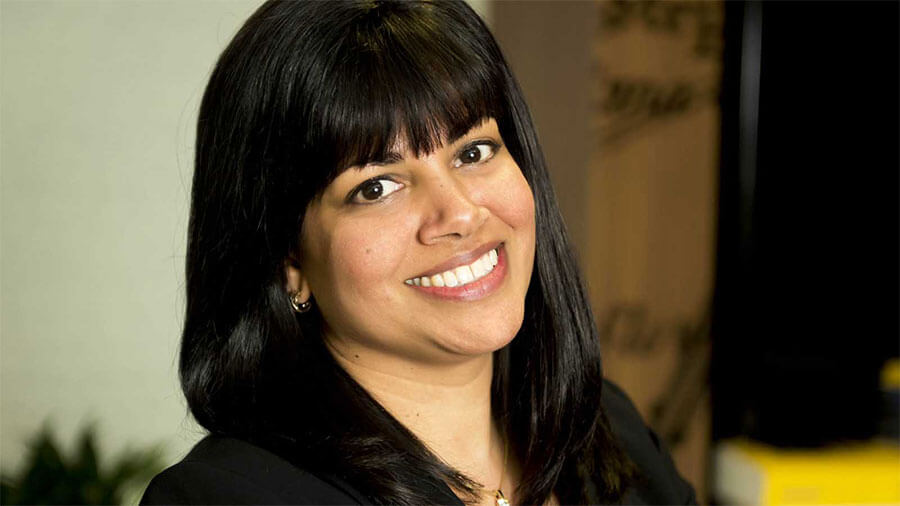On Facebook or Twitter? Digital assets include social media accounts, as well as online bank accounts. As you go through life, it is important to be aware of your digital legacy, as the recent “right to be forgotten” cases against Google have shown.
You should also discuss your digital legacy when making your Will. If your family needed to reach your contacts, do you have an actual address book, or is everything on a mobile device? After you’ve gone, would you prefer that none of your emails are read again; or does your email account contain important professional information, or irreplaceable personal memories? If you can leave clear instructions, the task of your executors should be easier.
The way we store information is changing all the time. This weekend, perhaps you’ll take a photograph on your phone and then share it via Facebook. You won’t order a print of the photo and stick it carefully into your photo album. Who ultimately owns that photograph now? From an estate planning perspective, it is best for you to take charge of it whilst you still can.
Of course, in the past, assets were reassuringly solid. A bundle of title deeds and documents was the evidence of title to land. Perhaps surprisingly, this is still the case for around 20% of properties, as they are not registered at the Land Registry. There would be paper statements for banks, passbooks for building societies and maybe Premium Bonds, all in a safe place at home.
The problem with leaving a list of passwords and PINs is that your executors might be committing an offence under the Computer Misuse Act 1990. Added to that, the policies of companies such as Facebook, Twitter and Flickr are subject to change. If you trust your personal data to a specialist company (a growth area in the US), then what happens if the company dies before you do?
The Law Society’s Wills and Inheritance Quality Scheme (WIQS) advises completion of a detailed log of personal assets, which should then be maintained. If you still trust paper, that list can be printed and stored together with your Will. This could save time and money but more importantly, reduce stress and confusion for the people you love. Now that’s a positive legacy.
The contents of this article are intended for general information purposes only and shall not be deemed to be, or constitute legal advice. We cannot accept responsibility for any loss as a result of acts or omissions taken in respect of this article.

